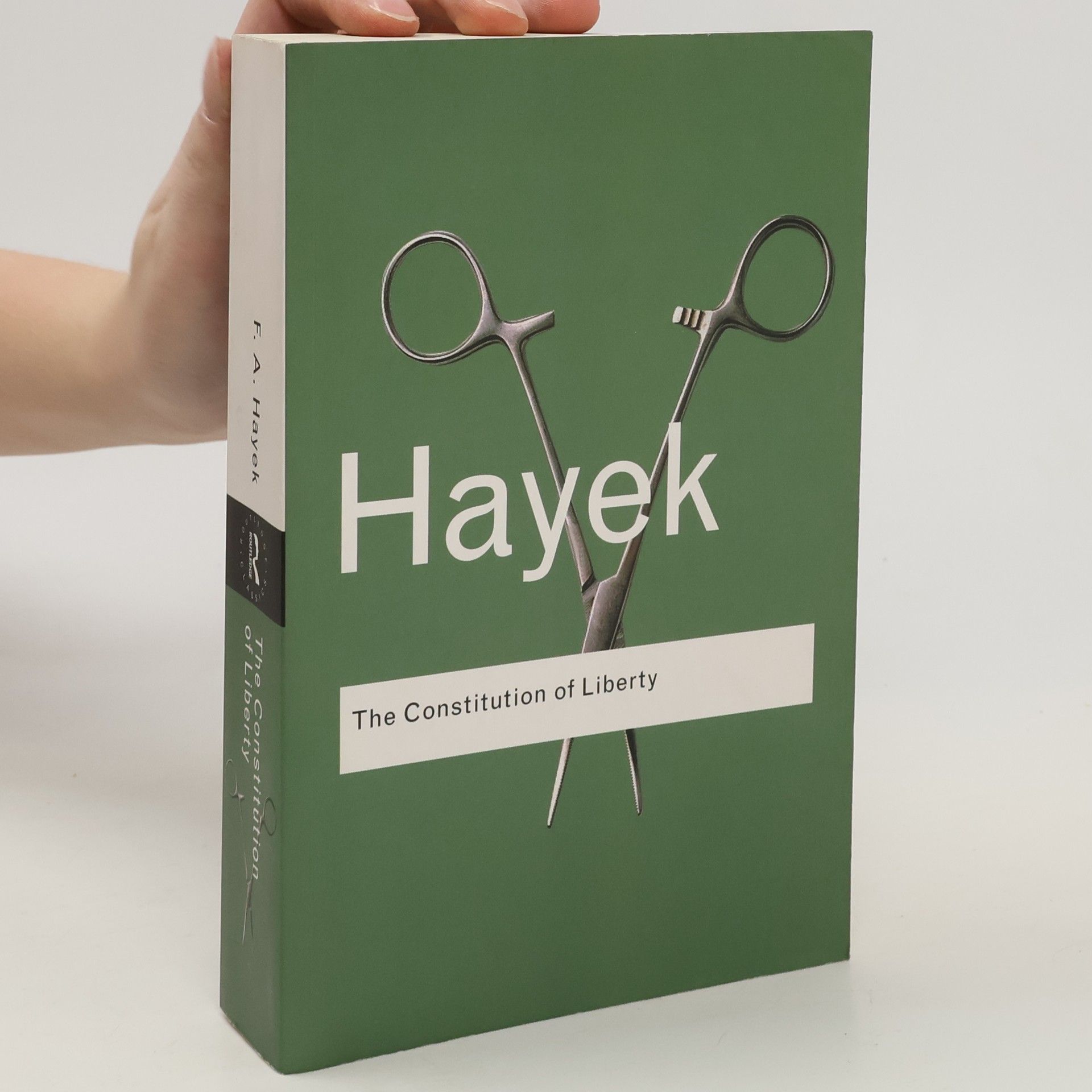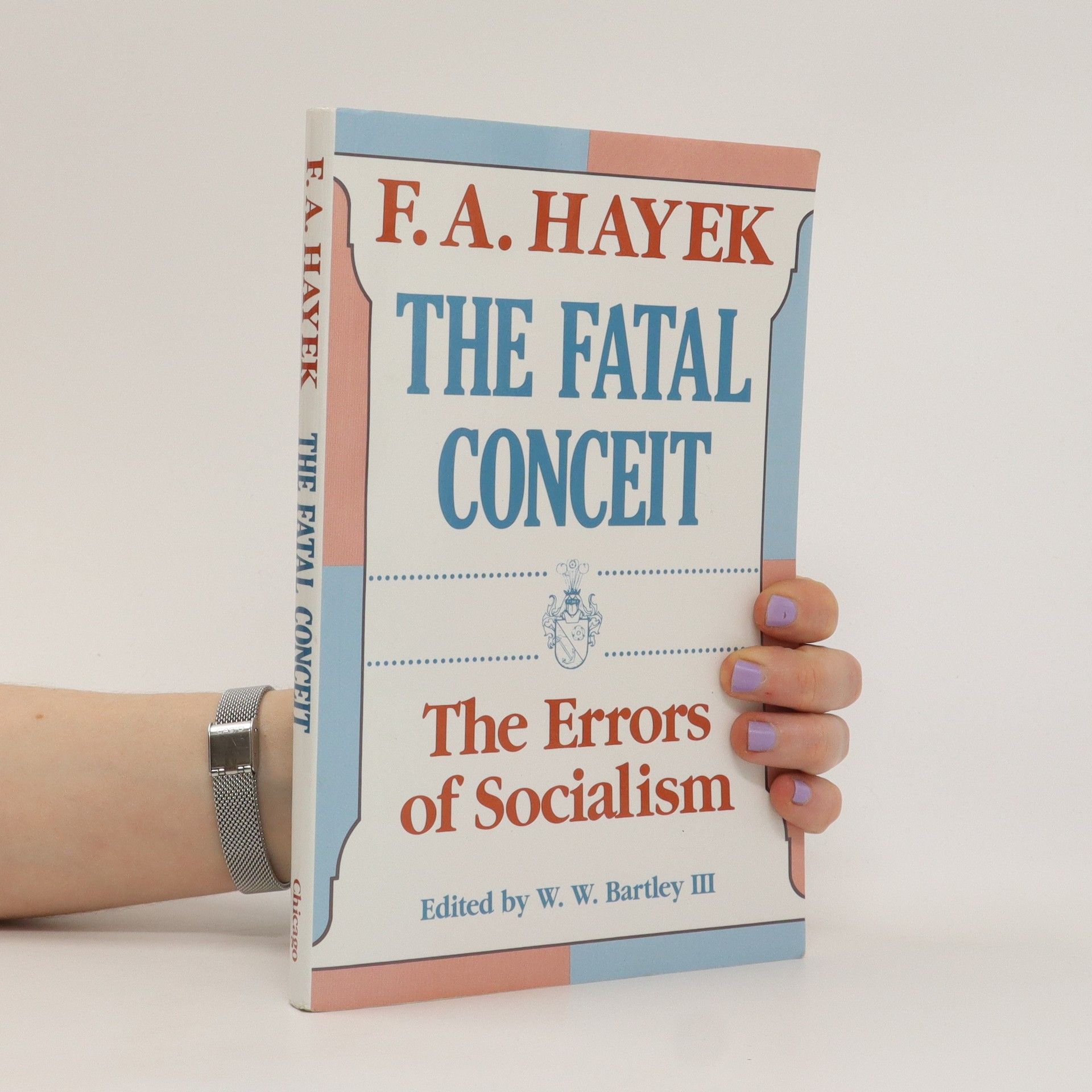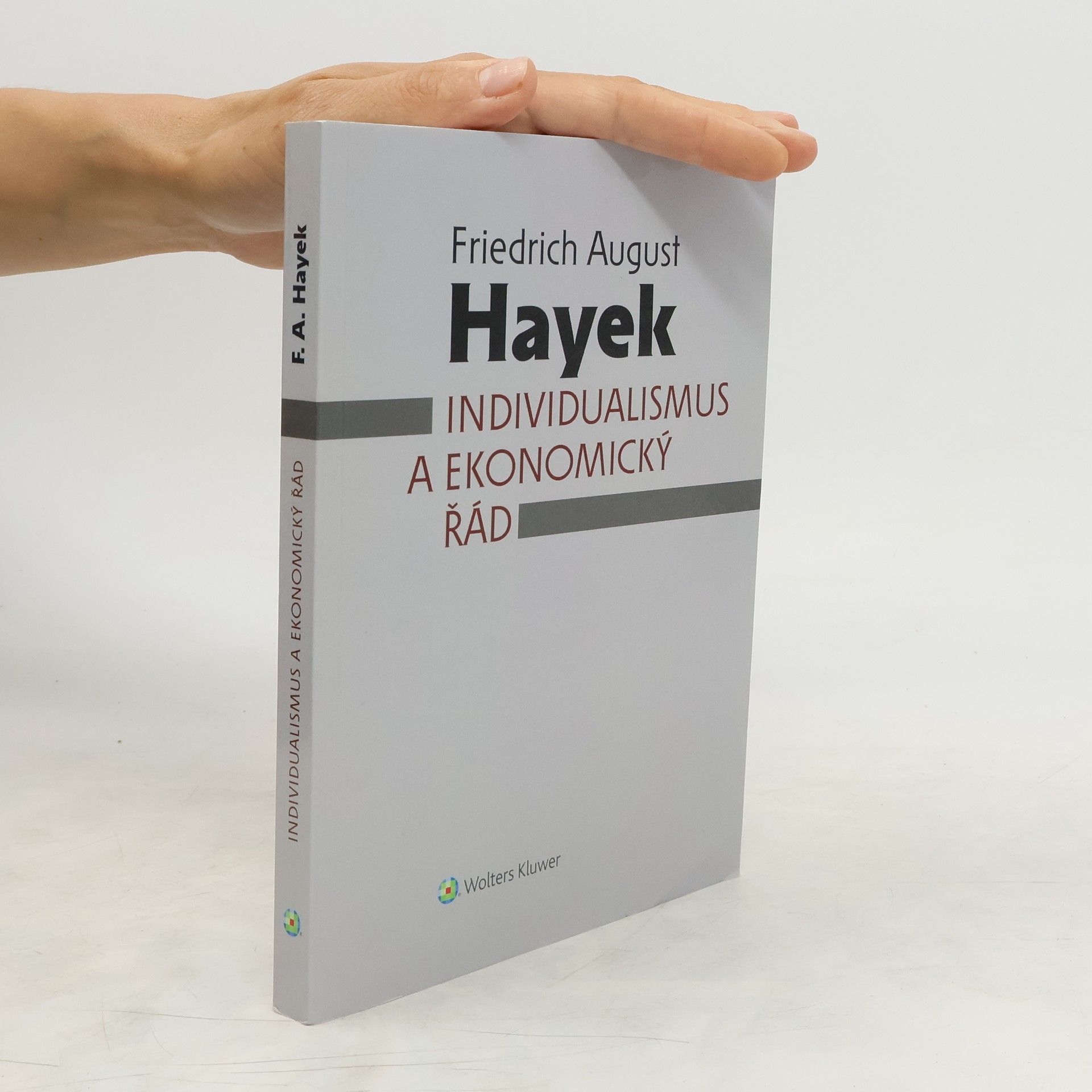Hayek on Mill: The Mill-Taylor Friendship and Related Writings
The Mill-Taylor Friendship and Related Writings
- 424 pages
- 15 hours of reading
The book features a compilation of correspondence between John Stuart Mill and his wife, Harriet Taylor-Mill, curated by F. A. Hayek. It highlights the connections between Hayek and Mill while presenting Hayek's writings that significantly contributed to the resurgence of interest in Mill's work. This collection not only sheds light on their personal relationship but also enriches the understanding of Mill's philosophy through Hayek's insights, marking a pivotal moment in Mill scholarship.









